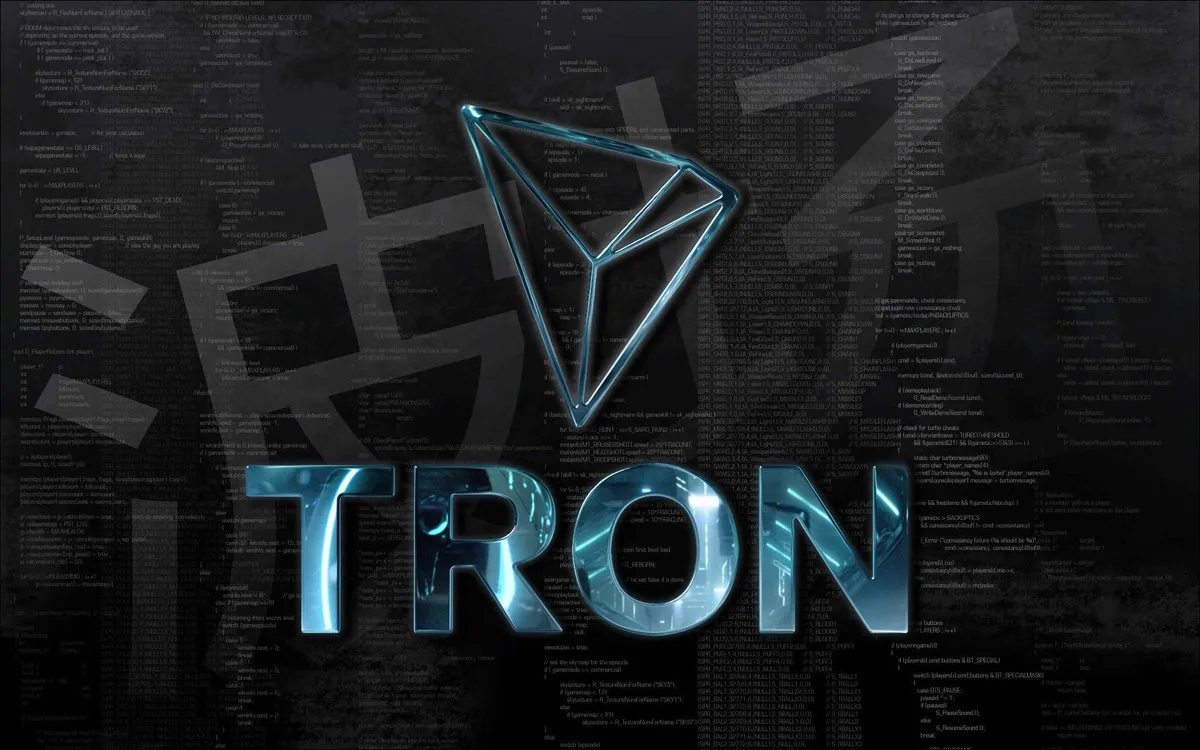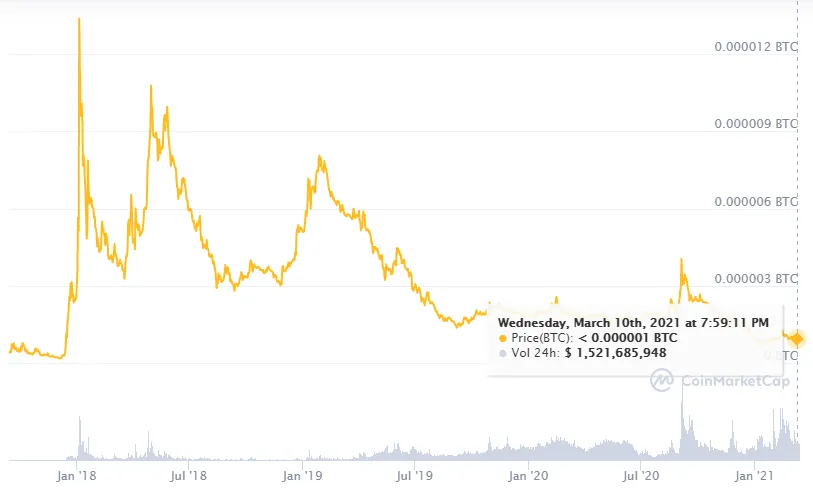Over the past 5 years, the world of cryptocurrencies has repeatedly heard about the mass of new coins, referred to as the "killer of ether". These coins appear with enviable regularity, but also quickly disappear from view. Most of them sank into summer during the "crypto winter" in 2018-19. However, attempts to shift the ether from the honorable second place in terms of capitalization do not cease.Today, Bitcoin and blockchain technologies have radically changed the business paradigm - calculations in the crypt significantly save time and nerves. To pay a foreign partner for a product or service, you no longer need to spend weeks beating the bank's doorsteps, providing documents and hoping that the bank will not block the payment. Transactions in the crypt are carried out almost instantly, do not require an intermediary, and therefore are gaining popularity. At the same time, the most common coins for settlements are bitcoin and Ethereum.As practice shows, such demand leads to an increase in the load on the network, an increase in transaction processing time and, accordingly, the size of network commissions.For example, at the peak of the network load, no one will be surprised by mining commissions of $20-40, and at the most " fun " moments in early 2021, the commission in the USDT ERC-20 network reached $140. At the same time, if you send transactions with low fees, you can expect them for several days.In such conditions, microtransactions in bitcoin and Ethereum become far unprofitable: to send someone $30 in the crypt, a person has to pay a $ 20 commission. In this case, what can we say about trading on Ethereum DEX (decentralized exchanges), because there the commissions can be more than the volume of the trading operation. The math doesn't add up.

Why Tron?
In fact, an alternative to Ethereum could be other coins, the same Litecoin, Bitcoin Cash, Ripple, Stellar, etc. However, none of these coins has the infrastructure that Ethereum has - smart contracts, DEX, DeFi.
As for Tron, today it is the only coin that has a similar infrastructure of services and at the same time works on POS technology, to which ETH only seeks to move.
The Tron network also operates on its own blockchain, is a reliable, easily scalable network, with high transaction processing speed and at the same time low network fees. Network commission in Tron A distinctive feature that is increasingly attracting users is the possibility of Tron staking, which can give from 5 to 20 percent per annum in the coin. In this case, the process takes place without the user's participation (that is, passively) and without the risk of losing coins, TRX coins are blocked on the user's wallet address by the Tron network itself. You can unlock and use coins at any time.Speculative interest
Before investing in Tron, the points mentioned above should be studied in more detail. However, if you pay attention to the chart of the coin, you can see that now there is an accumulation with an increase in trading volume, while the price is at the lower limit of the price range.Given the constant expansion of Tron's infrastructure and the value of the asset at the moment, the growth prospect is very likely. This, of course, is not a call to action or investment advice, but taking into account the growth of ether from ~ $ 80 to $ 2000 during the year, if you choose a coin for investment, then Tron looks clearly more promising.

Tron (coinmarketcap)
Note that for long-term storage of Tron, it is more reliable to use only non-custodial wallets, where only the user has access to the funds, often they also allow you to immediately stake coins. Some allow you to buy, sell TRX with a bank card or exchange it for other coins immediately inside the app, which certainly simplifies the entire asset management process.
